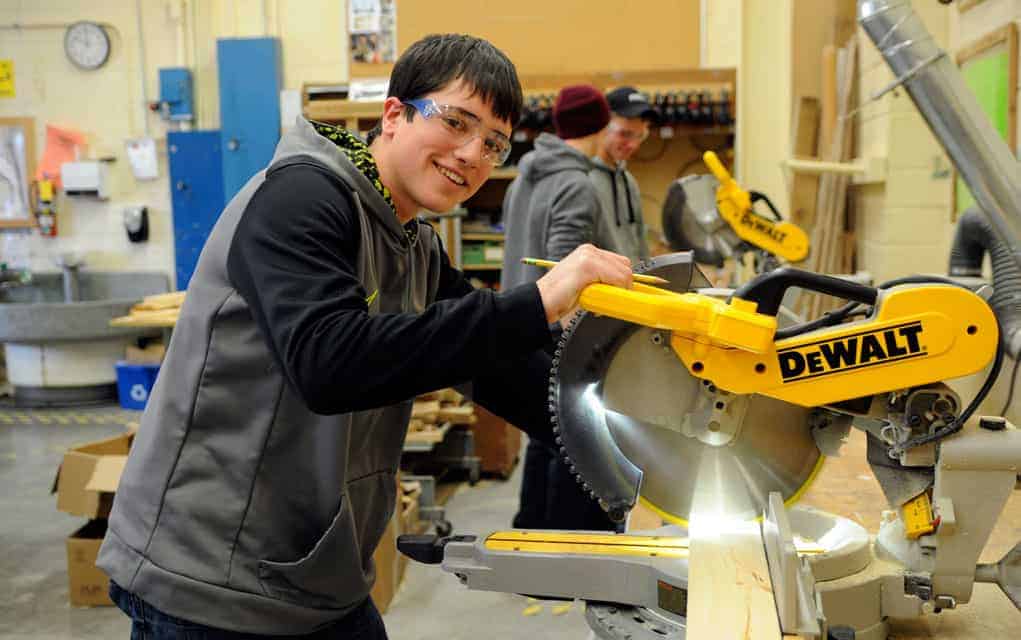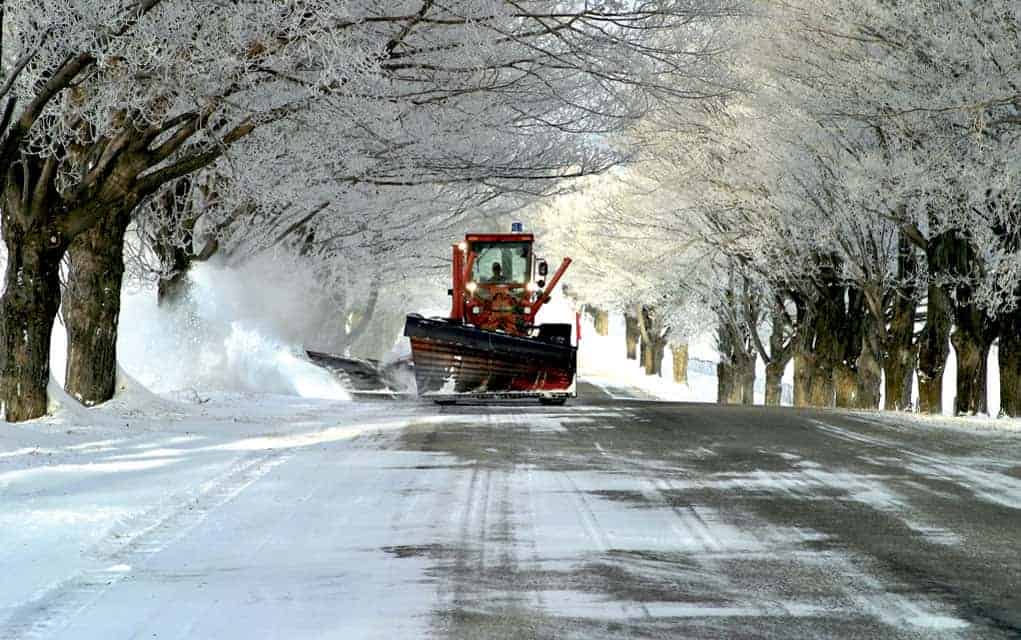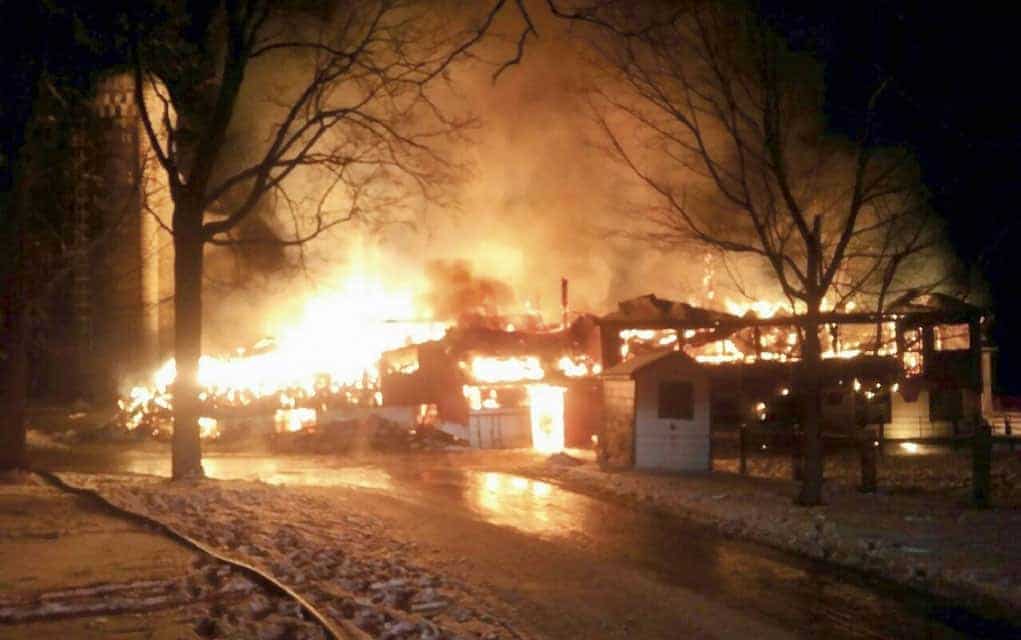The benefits of a high school education are more apparent today than ever as employers increasingly demand not just a skilled and experienced workforce, but an accredited one too. For many local Mennonite communities, however, there can be considerable barriers to obtaining that vital diploma through the conventional education system.
Fortunately, the Elmira Life and Work Skills (ELAWS) program, a co-op education program run out of, but separately from the EDSS high school curriculum, is designed to overcome those barriers and accommodate traditional Mennonite communities’ needs. An information session is being held on the program Tuesday evening (January 16) at Lions Hall in Elmira.
“It’s an opportunity for parents and students to learn a little bit more about our program,” explained ELAWS program co-ordinator Jeff Martin of the information session.
At its core, ELAWS is a co-op program that blends classroom instruction with outside work. Students attend school for one or two days a week, and work the remainder, whether that’s on the family business or somewhere else. By the end of their four years, students will be able to qualify for their Ontario secondary school diploma, while simultaneously accruing thousands of hours of work experience and accredited training.
“[The program] originated from a need in the community,” Martin explained. “We had Mennonite families who saw the value of a high school education, yet at the same time wanted to mentor their children in the home, on the farm or in the workplace.”
The classroom components of ELAWS are geared specifically to life and work skills, said Martin. For work skills, the means an emphasis on making students as employable as possible in the jobs market after they graduate.
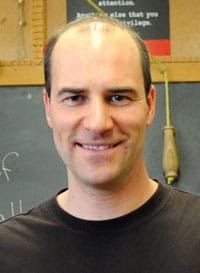
“We’re addressing things like safety in the work place, we’re doing trips and bringing in guest speakers to give them exposure to work place opportunities.”
The ELAWS program also works to help students acquire training and certification to help them in their careers, says Janice Harper, a teacher with the program.
“We pay for them to do their training at heights, chainsaw safety, safe food handling, first aid, CPR, [forklift training] – we pay for all of that,” she said.
Martin adds that not only does it make the students more valuable to employers after high school, but it also improves their safety in the workplace.
The other half of the classroom component focuses on developing life skills, like problem solving and time management, said Martin. There are courses offered on subjects like financial literacy, for dealing with mortgages, loan payments and such, as well as computer usage.
The program also offers a smaller selection of the standard high school fare available at EDSS.
“We offer all of the compulsory courses that you need for a high school diploma,” he said. “So you’ve got the English, you’ve got the math, science, geography, history, but then we also offer elective courses.”
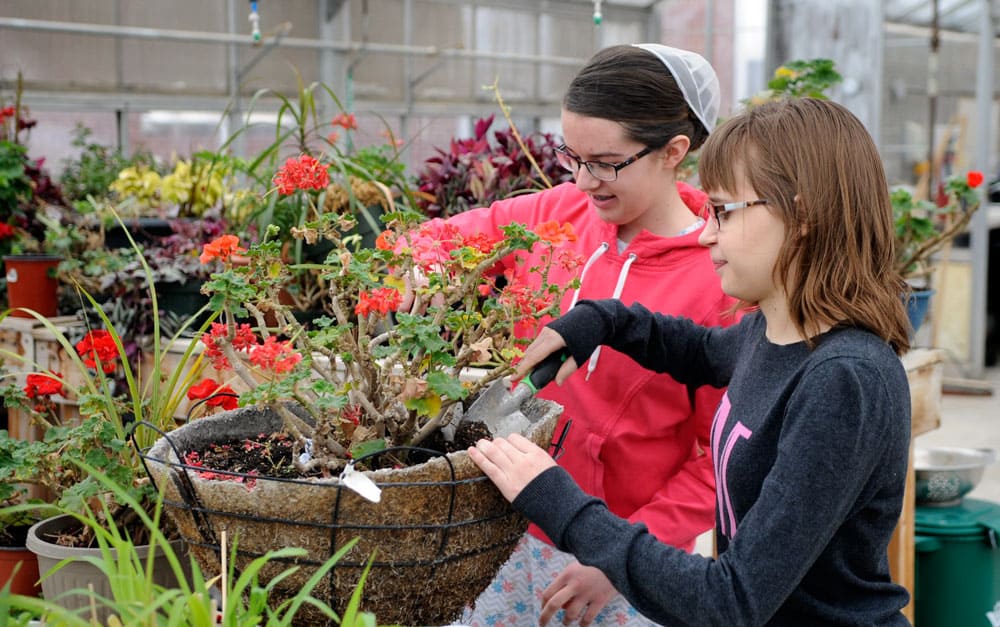
The curriculum itself and the courses available has been designed over the years with the help of a parents council that represents the different Mennonite communities in the region.
“They have helped us guide the courses that they feel are most beneficial for this life and work – so financial literacy, accounting, entrepreneurship. These courses that kind of fit the Mennonite community,” said Martin.
Students in ELAWS are segregated from the bulk of the student body at EDSS. Classes are taught mostly in the portables outside the school, although technical classes like the woodworking, auto shop and horticultural studies are done within the school’s facilities.
The program, running in the community for the past 20 years, currently has about 90 students. Martin says he hopes, though, that more families will be interested in joining the program, which is completely free, and is not specific to any particular denomination.
The information session is being held January 16, starting at 7:30 p.m. at Lions Hall in Elmira. There will be a presentation about the program, as well as a tour of the portable classrooms used by the ELAWS students.


